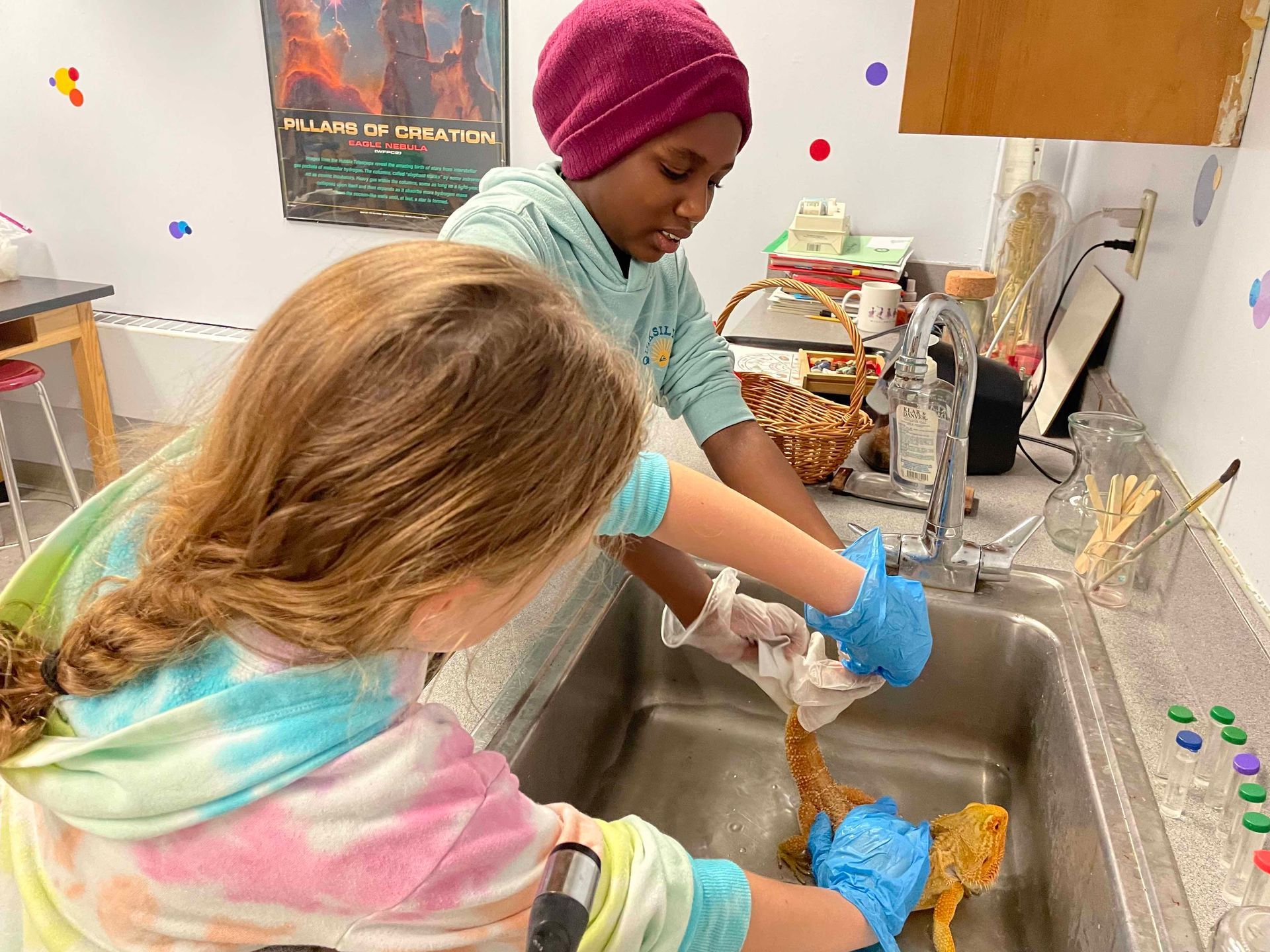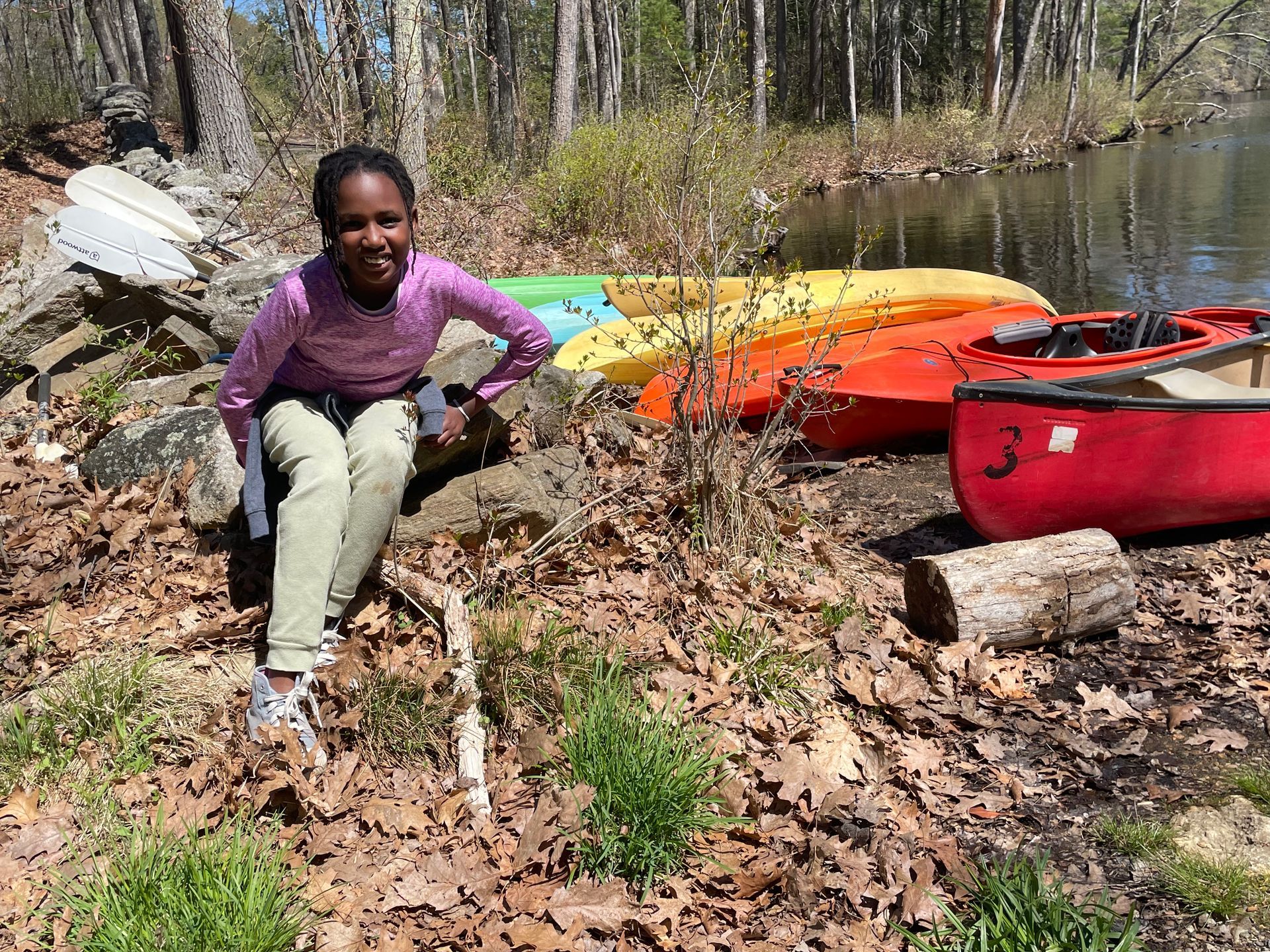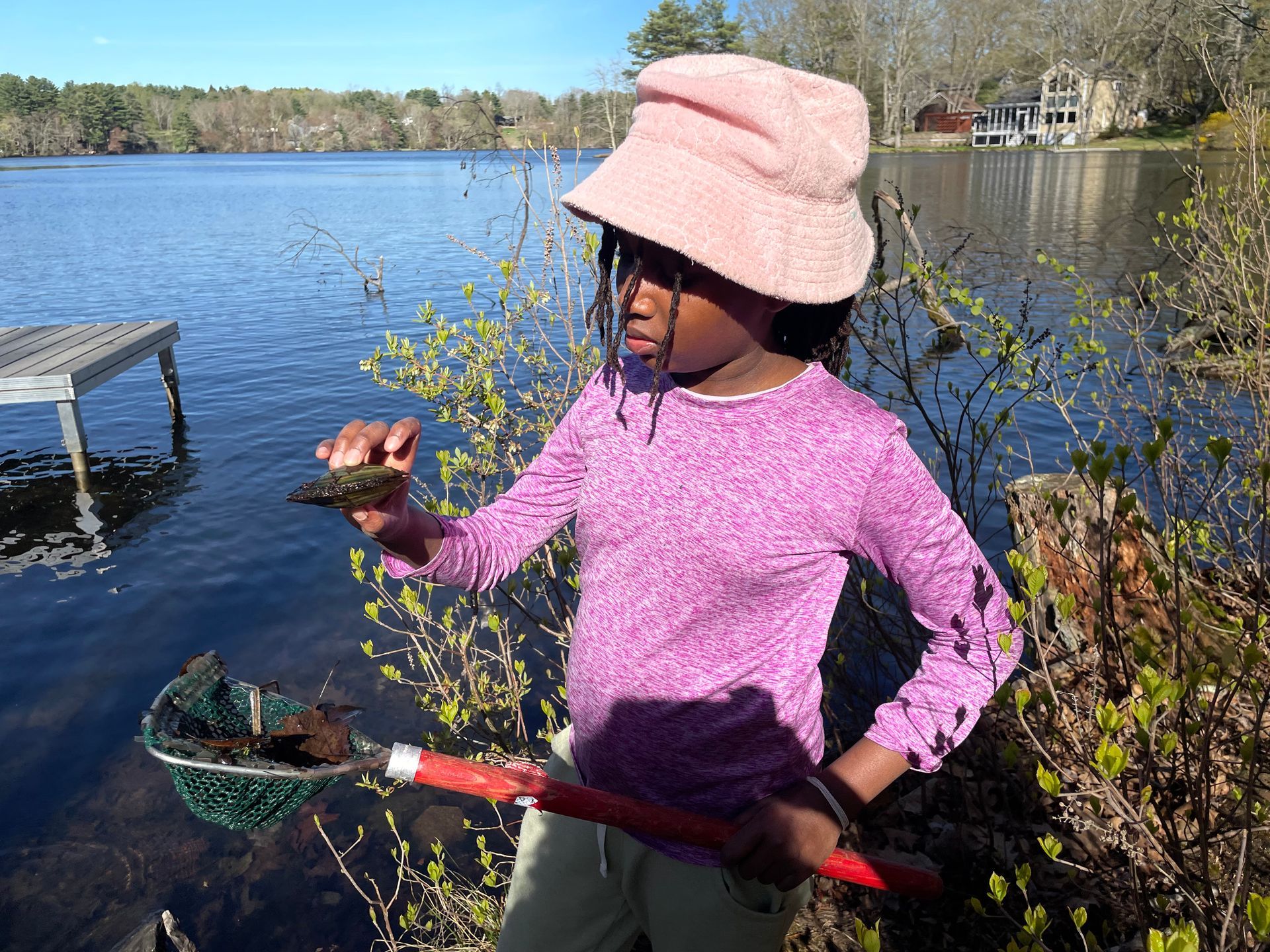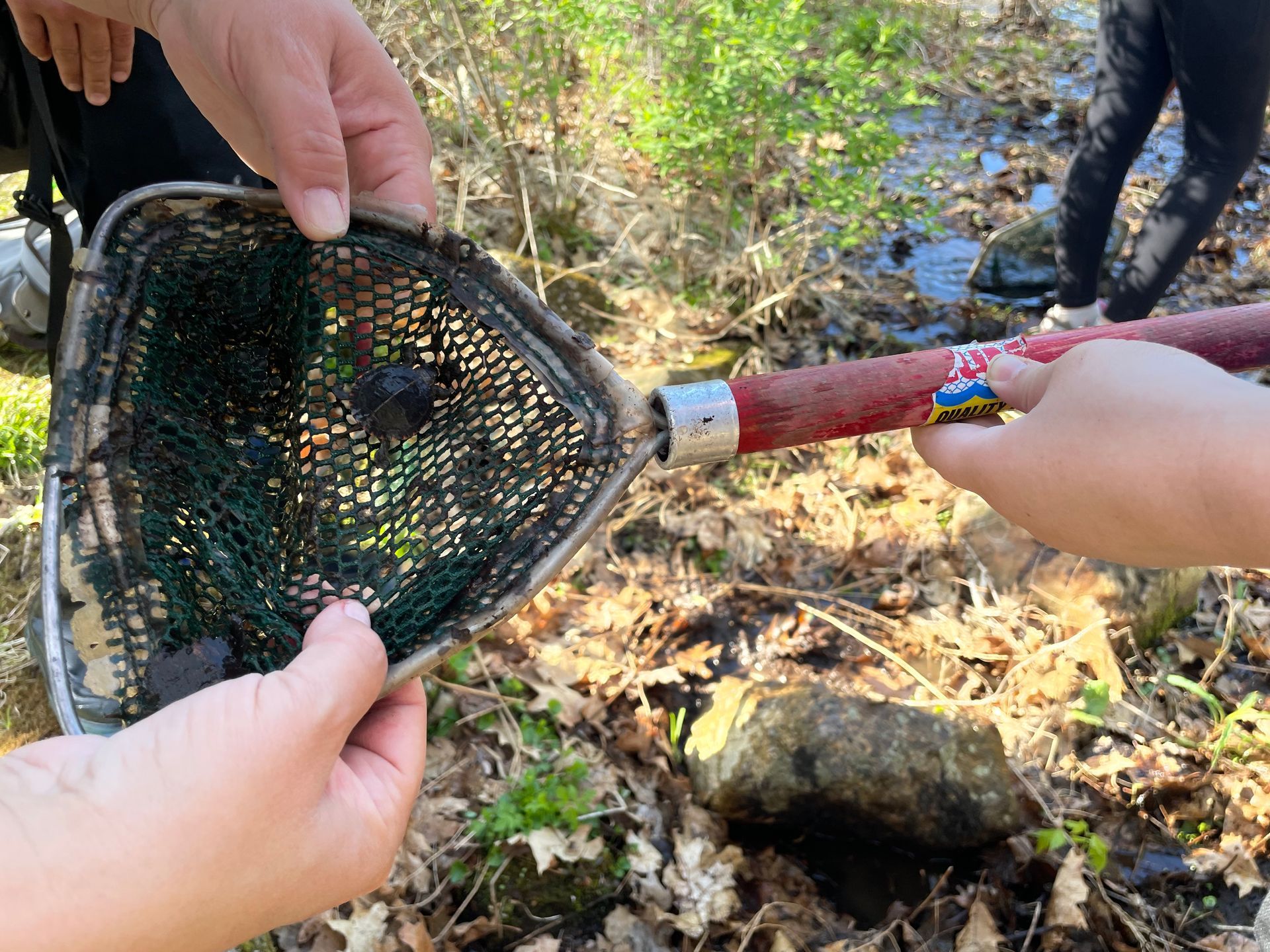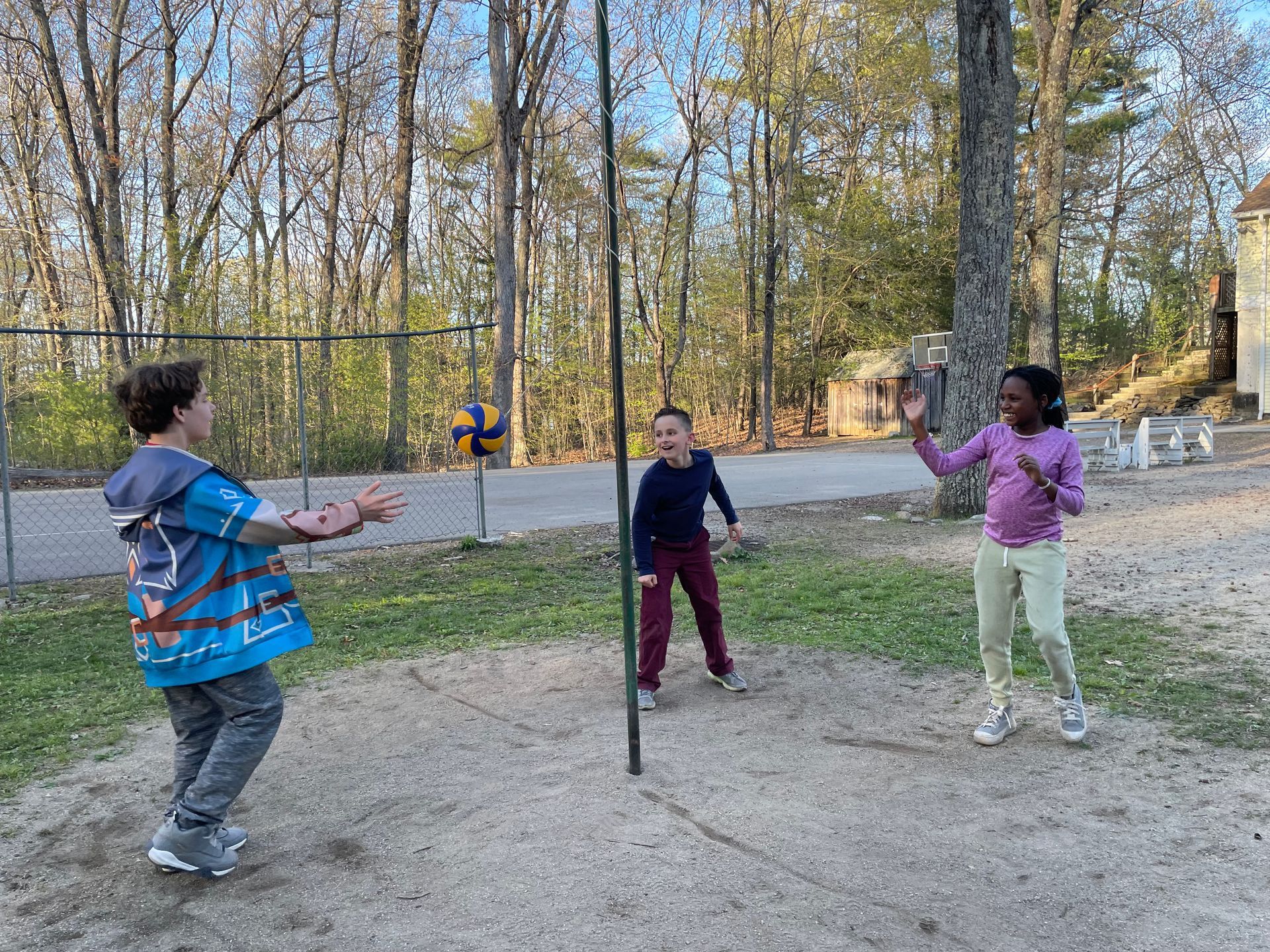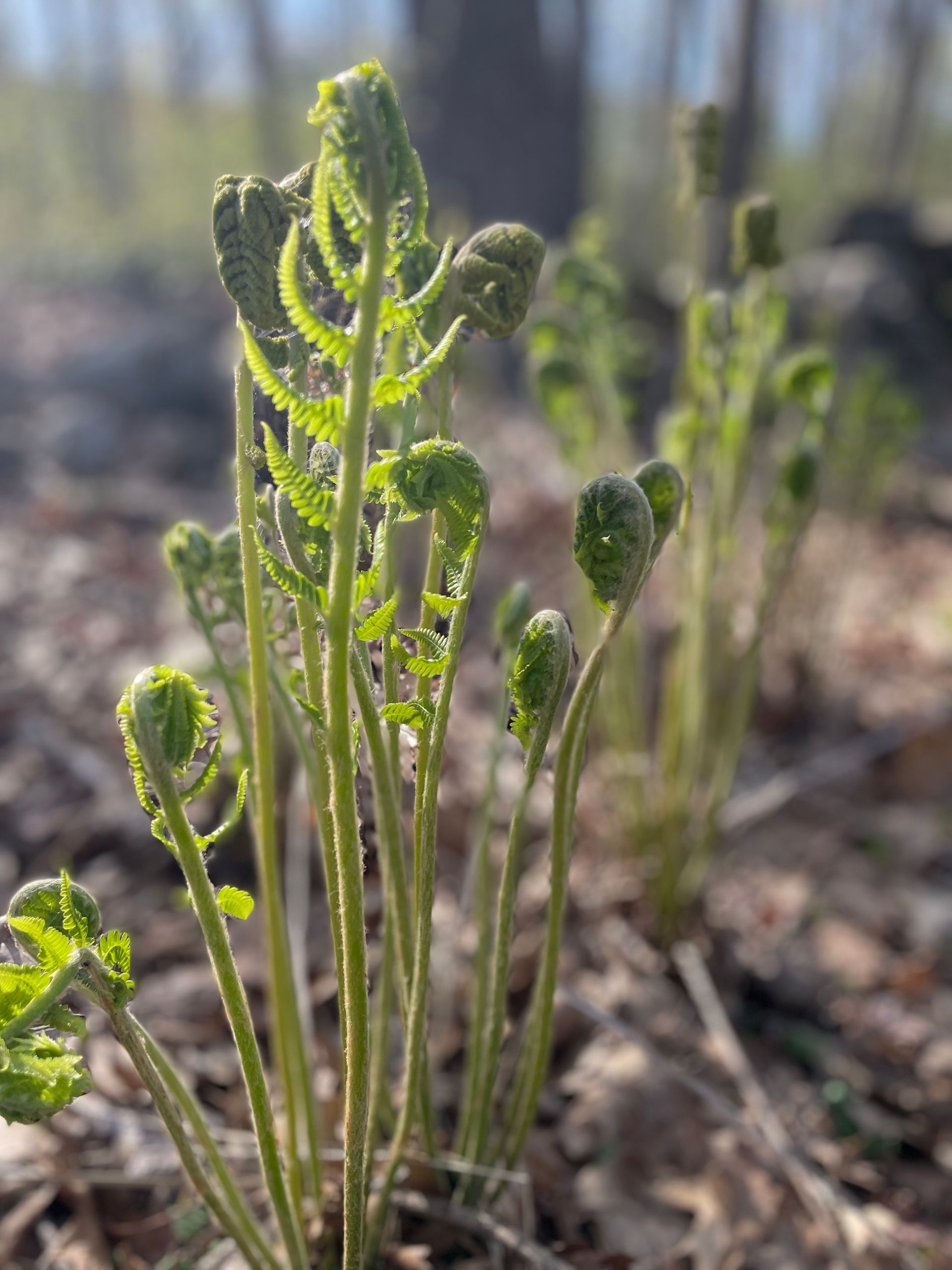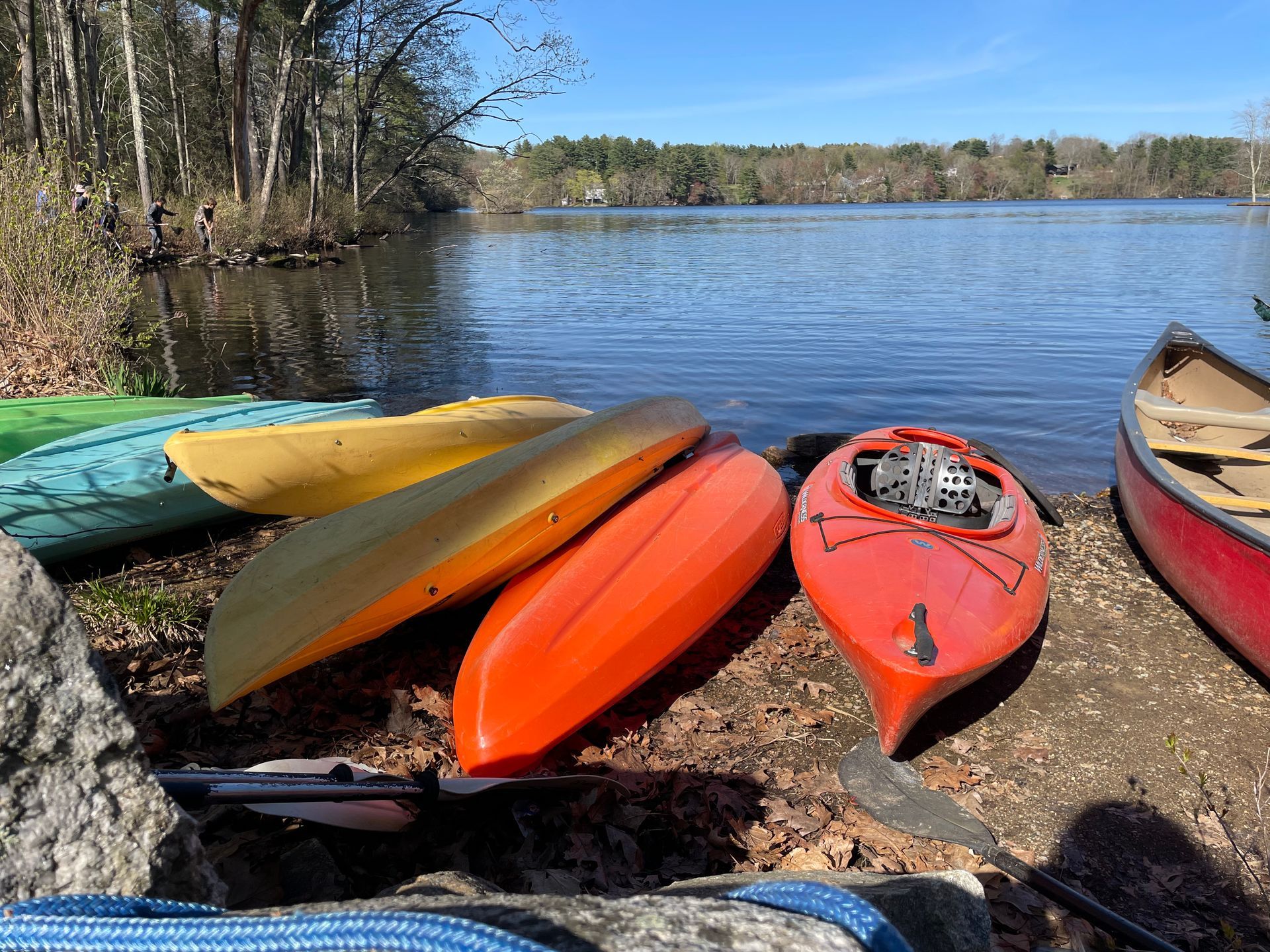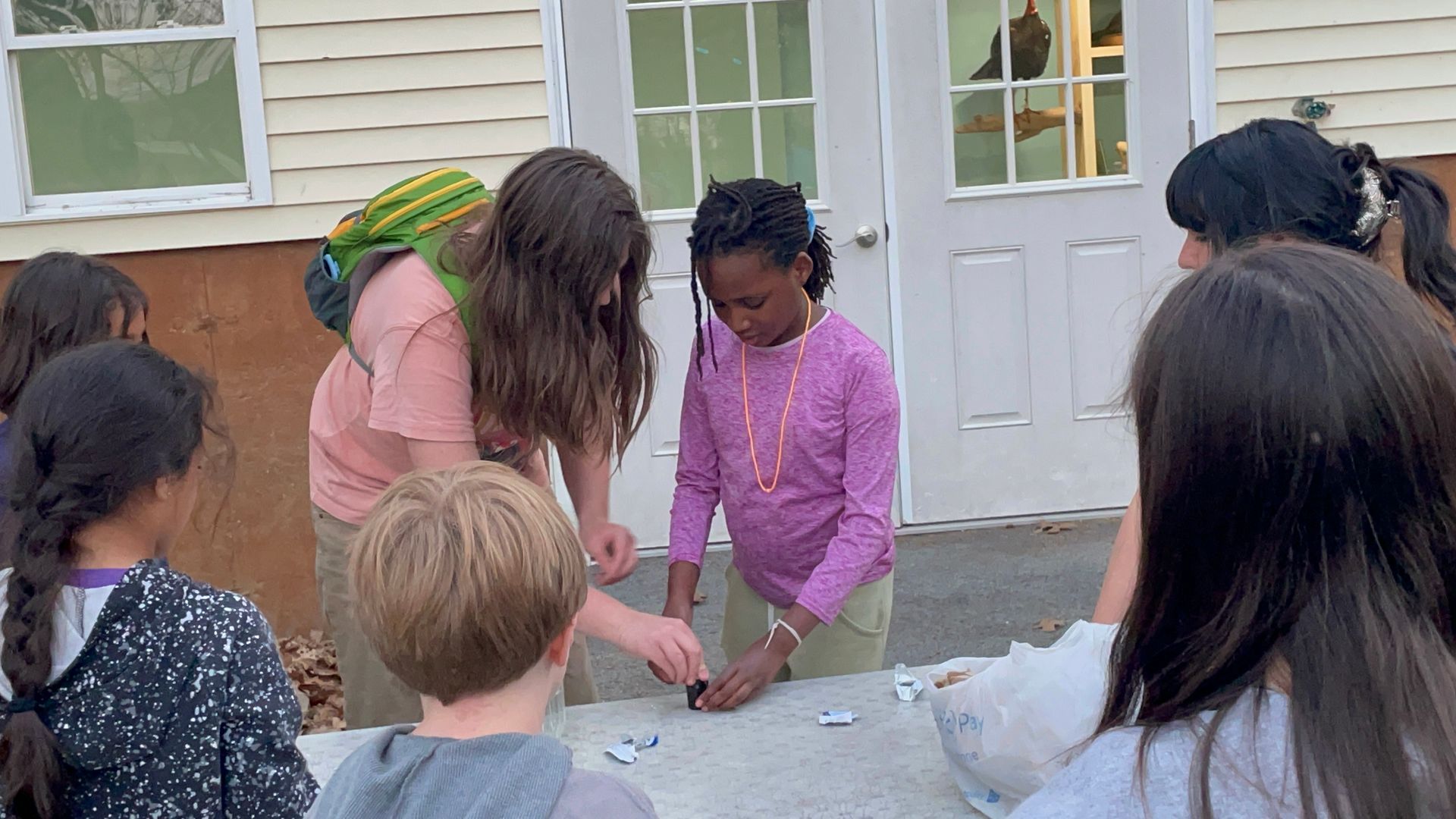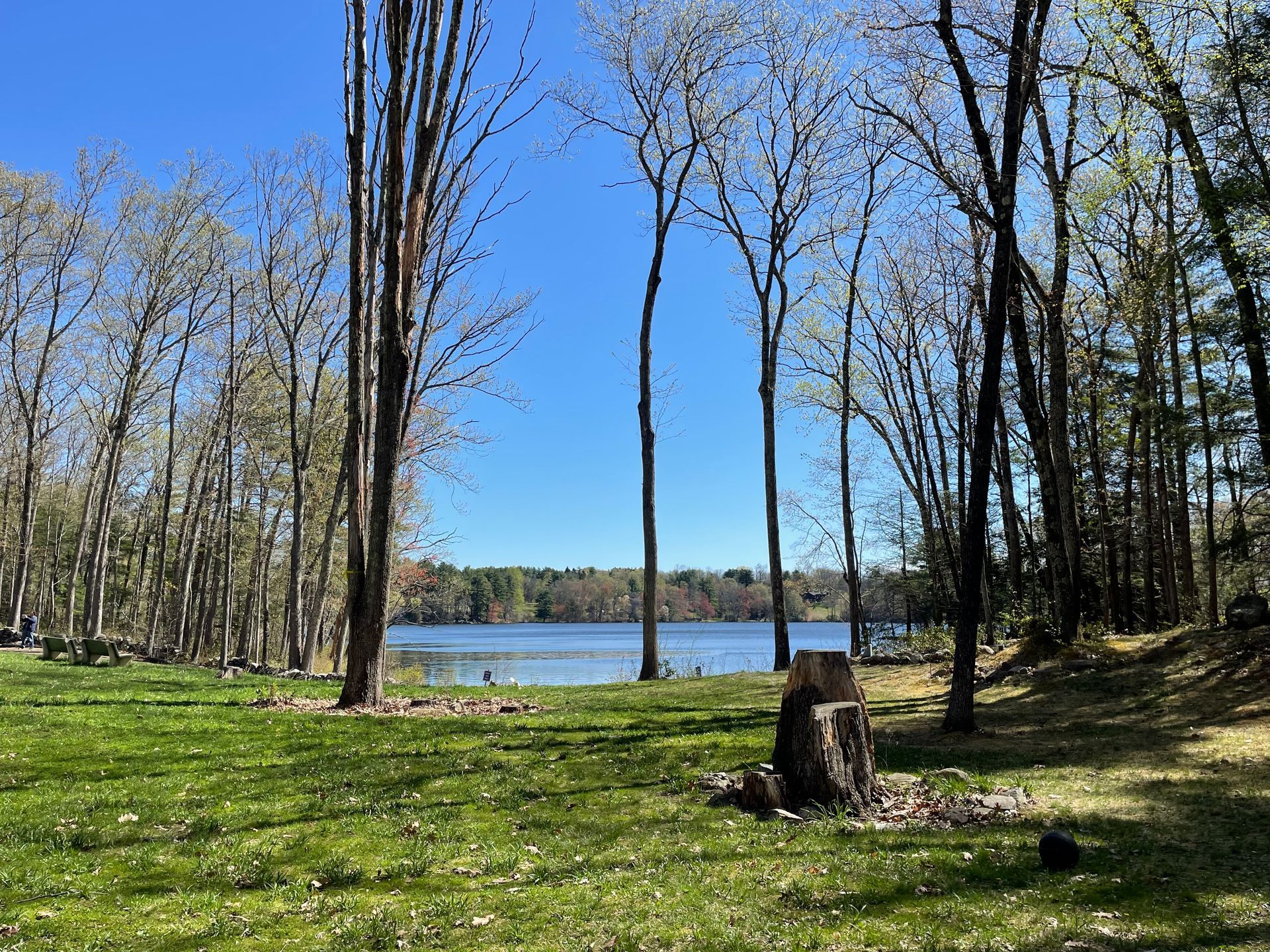
"Go out into the sunlight and fill your lungs with the air – feel the grass under your feet – look up into the serene blue of the sky – love it all and translate that love into a language the world can understand." - Louis Sullivan, Kindergarten Chats
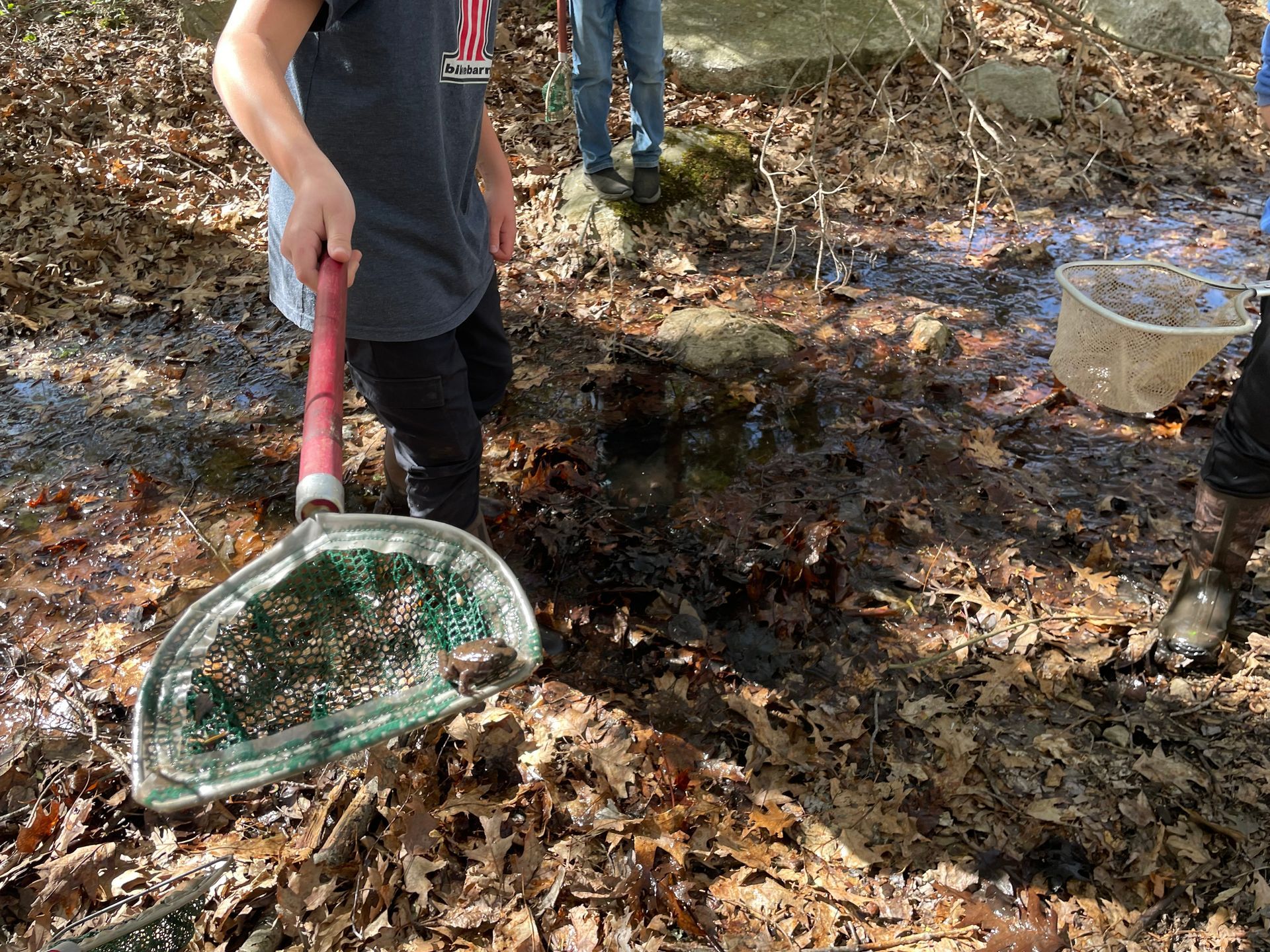
These powerful words by the visionary architect Louis Sullivan resonate deeply with me tonight as I reflect on our Upper Elementary and Middle School students' first day at Nature's Classroom. Watching them navigate this overnight outdoor experience, Sullivan's urging of his young protégé to find his voice in the direct experience of nature feels profoundly relevant. It's not just about seeing; it's about feeling, connecting, and then expressing that understanding in their own unique way.
Today, the vibrant activities of our students' day mirrored this sentiment. From the initial excitement of travel to the quiet thrill of exploring a new environment, the easy camaraderie of shared adventures, the focused energy of building projects, the joyful release of song, and the constant undercurrent of laughter – it was a day that honored their emerging adulthood.
Why is this departure from the familiar so vital? Maria Montessori, with her insightful understanding of adolescence, provided such a clear answer: "The adolescent must never be treated as a child, for that is a stage of life that he has surpassed. It is better to treat an adolescent as if he had greater value than he actually shows than as if he had less and let him feel that his merits and self-respect are disregarded." This time away, this taste of independence in nature's embrace, feels like a crucial step in allowing their inherent vitality to flourish. They are stepping into their own freedom, applying the knowledge they've diligently gathered within our walls to the authentic challenges and wonders of the real world, and in doing so, solidifying their sense of self-worth and their place within a community.
I observed them today, not as children needing constant direction, but as young individuals rising to the occasion. They navigated the muddy banks of the stream with a blend of caution and curiosity, as they collaborated on scooping water, hoping for a glimpse of the pond's hidden life. The shared joy in each discovery – the tiny turtle, the leaping frog, the quiet salamander – was palpable. Even the unexpected encounter with a snake sparked not childish fear, but fascination.
Later, indoors, the same enthusiastic energy was channeled into more structured explorations. Making edible slime was surprisingly exciting! Building miniature rockets became a lesson in physics and engineering, fueled by their own predictions and friendly competition. Invisible ink revealed the magic of chemistry, sparking intrigue and a desire to understand the science behind the disappearing and reappearing words. The experiments with acids and bases weren't just about following instructions; they were about shared inquiry, the dynamic exchange of ideas as they grappled with the iterative engineering design process and the scientific method. I witnessed firsthand how this hands-on engagement fosters a deeper, more lasting understanding.
As dusk painted the sky, the fields transformed into a space for joyful abandon. Pointing fingers traced constellations, their voices hushed with awe as they identified patterns in the vastness above, connecting their classroom learning to the real night sky. Finally, tired but exhilarated, they retired to their dorms, the day's adventures undoubtedly replaying in their minds, their sense of self enriched by the challenges they had met and the connections they had forged.
And now, a peaceful quiet has settled, occasionally punctuated by a small, triumphant sound from the boys' dorm – Donald's long-awaited loose tooth has finally made its dramatic exit! Even in the stillness of the night, their individual journeys continue.
As I settle in, Sullivan's call to connect with the world and translate that love resonates deeply. That's precisely what I witnessed today – young minds engaging with nature, with each other, and with the process of discovery. Tomorrow will bring another day of exploration. I can't wait to see what new adventures await us.
